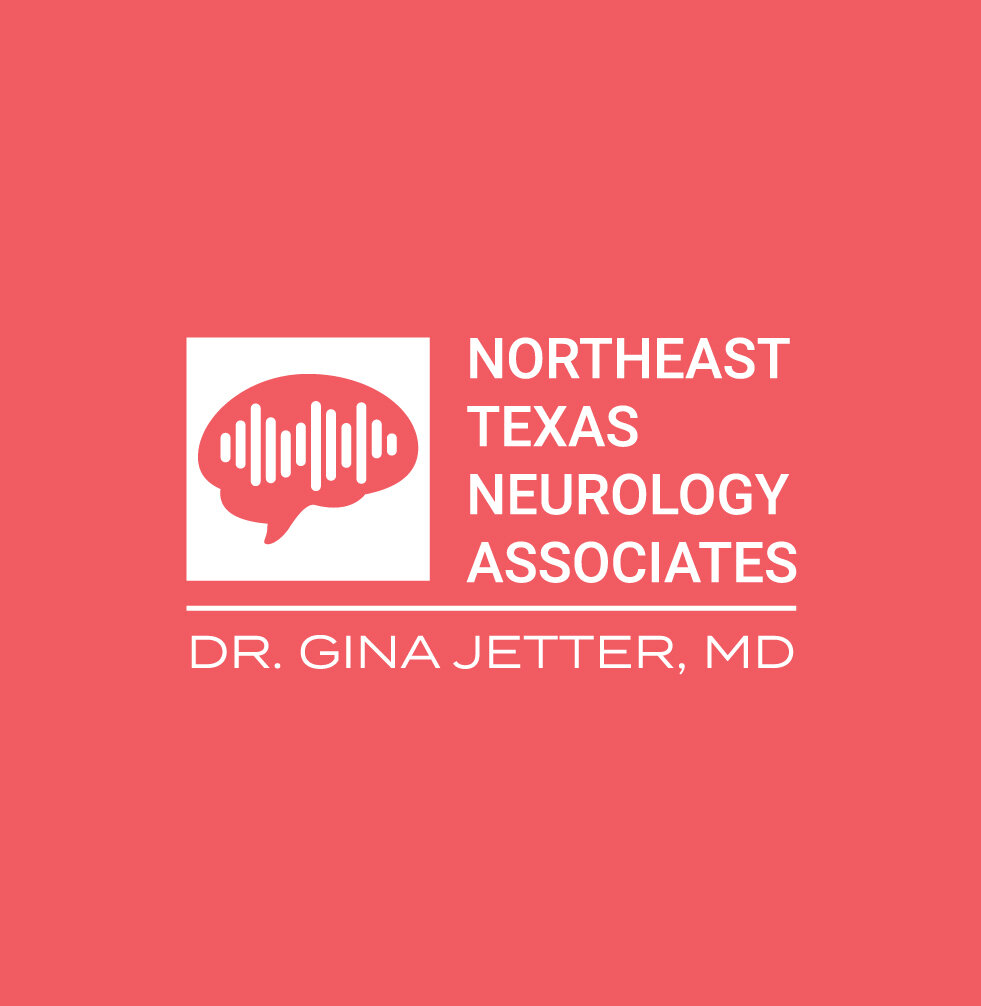Cannabidiol Part I - Background and Medical Evidence
Photo from Compassionate Cultivation in Manchaca, TX
Background:
In 2015, the Texas Legislature passed the Texas Compassionate Use Act (Senate Bill 339), which allowed the state to set up organizations to cultivate, process, and dispense low-THC cannabis for patients with intractable epilepsy. Only physicians practicing in Texas and who specialize in epilepsy can prescribe the low-THC cannabis also called Cannabidiol (CBD) Oil. Patients must live in the state of Texas to get the CBD Oil. There is no age restriction for getting the medication.
After putting the regulations in place, there are now three dispensing organizations in Texas selected by the Texas Department of Public Safety. The dispensing organizations cultivate, grow, and dispense the CBD Oil.
The three dispensaries are:
Cansortium Texas - Schulenburg, TX (www.knoxmedical.com )
Compassionate Cultivation – Austin, TX (www.oneseedtexas.com )
Surterra Texas - (www.surterra.com)
What is CBD Oil?
The plant Cannabis sativa L is the scientific name of the plant from which CBD Oil is derived. The plant is made of cannabinoids, or molecules that interact with cannabinoid receptors in the brain. Cannabidiol or CBD is classified as a phytocannabinoid. CBD and synthetic CBD (see below) is felt to have anti-epileptic properties and is being studied. THC or tetrahydrocannabinol, another phytocannabinoid molecule, is thought to be the part of the plant responsible for its psychoactive effects.
In Texas, the Compassionate Use Act has mandated that cannabis prescribed for patients with intractable epilepsy have "not more than 0.5% THC and not less than 10% CBD." Because of the very low levels of THC, there should be no psychoactive effects with the CBD Oil.
For more information about cannabinoid terms including medical marijuana, recreational marijuana and hemp, click here.
Dr. Jetter toured the Compassionate Cultivation Dispensary in February 2017.
Is there Medical Evidence that CBD works?
In 2017, the New England Journal of Medicine published the results of a study that looked at a drug called Epidiolex, a CBD derived product. In this study, patients with Dravet Syndrome, a genetic condition causing intractable epilepsy, were studied. During the 14-week trial, 43% of patients reported a more than half decrease in the frequency of their seizures. They compared this with the placebo group, in which seizure frequency decreased by 27%. 5% of the patients taking Epidiolex became seizure free (Devinsky O, et al, 2017).
In the GWPCARE3 and GWPCARE4 trials, CBD add-on treatment was shown to reduce drop seizures significantly more than placebo in patients with Lennox-Gastaut Syndrome. The results of these studies were presented at the American Academy of Neurology Annual Meeting in 2017.
At the American Epilepsy Society’s Annual meeting in 2017, results of a 96 week study of children and adults with treatment resistant epilepsy taking cannabidiol were revealed. Babin et al found that add-on cannabidiol reduced the median number of convulsive seizures 51% and total seizures 48%. This study also addressed that the common side effects include diarrhea, somnolence, decreased appetite, pyrexia, fatigue, lethargy, rash, nasopharyngitis, and pneumonia. Dose-related reversible elevation of liver transaminases were also seen.
Note that all of these studies were studying a CBD derived compound, Epidiolex, which has undergoing investigation for FDA approval. The compound is produced by Greenwich Biosciences.
In the next blog post, we will discuss the specifics of the Texas Compassionate Use Act and answer your questions. Please leave any questions you have in the comments below.


